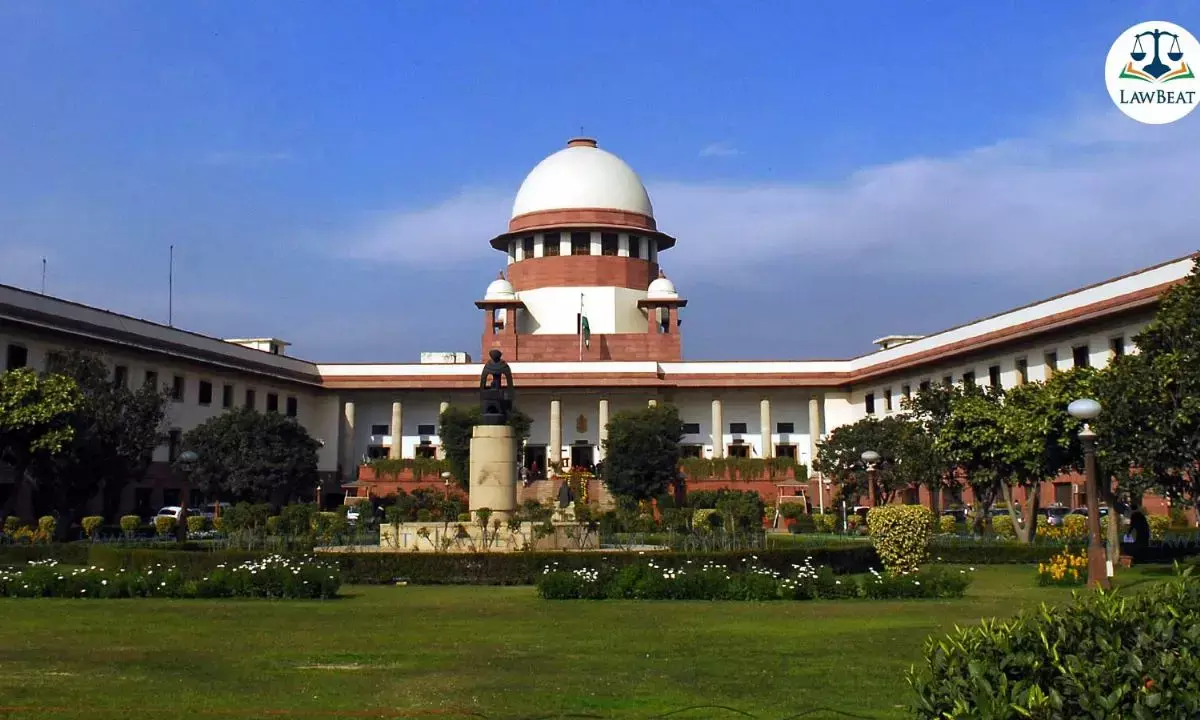Strict Timelines Under IBC: SC Shuts Door on Late Appeals

The Supreme Court in its judgment dated May 7, 2025, ruled that once the prescribed and condonable period under Section 61(2) of the IBC, 2016 (i.e., 30 + 15 days) expire, NCLAT lacks jurisdiction to entertain appeals, reaffirming the Code’s strict procedural discipline as emphasized inter-alia in Mobilox Innovations Private Limited v. Kirusa Software Private Limited, (2018) 1 SCC 353.
A Division Bench of Justice JB Pardiwala and Justice R. Mahadevan, while allowing the appeal, held, “Once the prescribed and condonable periods (i.e., 30 + 15 days) expire, the NCLAT has no jurisdiction to entertain appeals, regardless of the reason for the delay. In Mobilox Innovations Private Limited v. Kirusa Software Private Limited, while interpreting Section 9 IBC, this Court underscores the IBC’s strict procedural discipline i.e., only applications strictly conforming to statutory requirements can be entertained. This principle is also applicable to limitation issues under section 61(2), as it supports the idea that tribunals must operate within the bounds of the Code, without adding equitable or discretionary powers not conferred by statute.”
An appeal was filed against order dated 14.12.2022 passed by the National Company Law Appellate Tribunal (NCLAT), whereby the NCLAT allowed interlocutory application filed by Respondent no. 1 seeking condonation of delay in filing appeal bearing no. CA (AT) (Insolvency) No. 615 of 2022.
Counsel for the appellant contended that a litigant under S.61 IBC, 2016 can file an appeal before the NCLAT within 30 days, which may be extended by a further period of up to 15 days upon showing sufficient cause, and no appeal can be entertained beyond this extended period. Reliance was inter-alia placed on, V. Nagarajan v. SKS Ispat Powers Ltd. & Ors., (2022) 2 SCC 244 and Kalpraj Dharamshi & Anr. v. Kotak Investment Advisors Limited & Anr., (2021) 10 SCC 401.
On the contrary, Counsel for Respondent No.1, submitted that the appeal filed before the NCLAT was well within the statutorily condonable period of 15 days as mentioned in the proviso of Section 61(2) IBC and hence, the order impugned therein was sustainable in law.
Following two issues were framed for Court’s consideration;
1. Whether the appeal filed by Respondent No. 1 was within the prescribed limitation period of 30 days, along with the additional condonable period of 15 days as provided under section 61(2) IBC; and
2. If not, whether the NCLAT has the power to condone the delay beyond the said prescribed and condonable period under the IBC.
Both the said issues were answered in negative; “The proviso to Section 61(2) clearly limits the NCLAT’s jurisdiction to condone delay only up to 15 days beyond the initial 30-day period. Where a statute expressly limits the period within which delay may be condoned, an Appellate Tribunal cannot exceed that limit. In other words, the NCLAT being a creature of statute, operates strictly within the powers conferred upon it. Unlike a civil suit, it lacks inherent jurisdiction to extend time on equitable grounds”, Court precisely observed.
Case Title: Tata Steel v. Raj Kumar Banerjee
